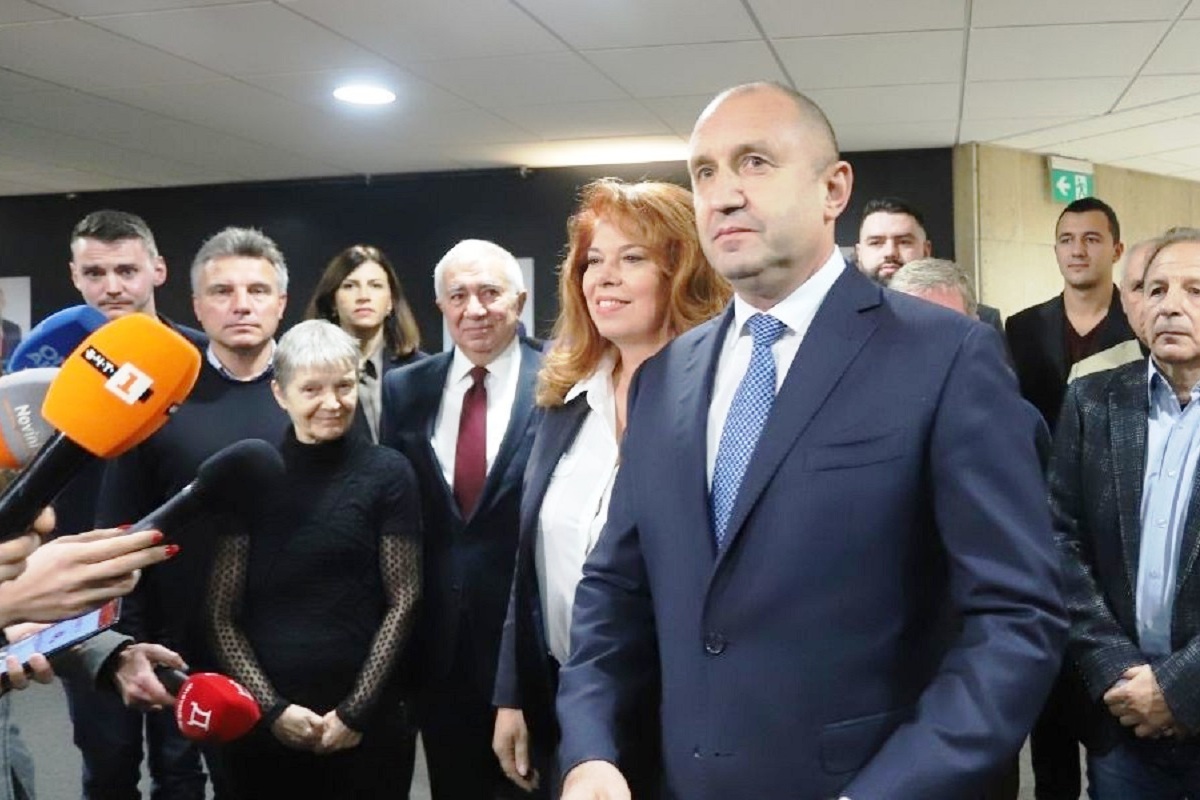Bulgaria has voted decisively. After months of political deadlock in the European Union’s poorest member-state, a new centrist political party has won the parliamentary election, if Monday’s partial official results are any indication. The outcome raises hopes for an end to months of political deadlock.
The anti-graft, “We Continue The Change party” (PP), launched only two months ago by two Harvard-educated entrepreneurs who served as interim ministers, won 25.5 per cent of the vote, based on 93 per cent of ballots counted from Sunday’s election.
Advertisement
The inherent political fragility cannot be discounted, however, as this election is Bulgaria’s third this year. By that token, a parallel can perhaps be drawn with Israel. Two previous elections ~ in April and July ~ had yielded inconclusive outcomes.
Bulgarian voters are keen to see a new government formed quickly to tackle a dire Covid-19 situation, surging energy prices and widespread graft.
“I voted for what we are fighting for and hoping to happen ~ a more serious change in everything ~ so that we can have a better life here, at least for our children,” Kostadin Manov, a 39-year-old father of two, was quoted as saying after casting his vote in Sofia.
“This corruption and all this theft should stop.” He has in a sense succinctly summed up the general mood of the electorate. The results indicate that the next parliament will be even more fragmented than the one that was sought to be put in place in April and July, with seven parties represented.
The voter turnout in Sunday’s vote is estimated at about 40 ~ a historic low amidst public disillusionment and apathy in the dreadful season of coronavirus infections that have quite totally overwhelmed hospitals. The centre-right GERB party of long-serving premier Boyko Borissov came in second with 22.2 per cent of the vote.
His decade-long rule ended with the April election amidst public anger over his failure to crack down on corruption. President Rumen Radev, a harsh critic of Borissov, won 49.4 per cent of the vote in a presidential election that also took place on Sunday and is tipped to win a second five-year term in the largely ceremonial post.
The new PP party looked better positioned to seal a coalition with the support of the Socialists, the anti-graft alliance of Democratic Bulgaria and the ITN party of TV talk show host Slavi Trifonov. However, tough coalition negotiations lie ahead before a workable government can be formed.
Negotiations, it is said, will be challenging with only the urgent need for stability expected to facilitate compromises on all sides. PP leader Kiril Petkov promised on Sunday to be open to dialogue and compromise in coalition talks but said his party would not renege on pledges to overhaul the judiciary and clamp down on corruption.
“Bulgaria is headed onto a new path,” said Petkov, who hopes to become prime minister and to have co-founder Assen Vassilev as finance minister.











